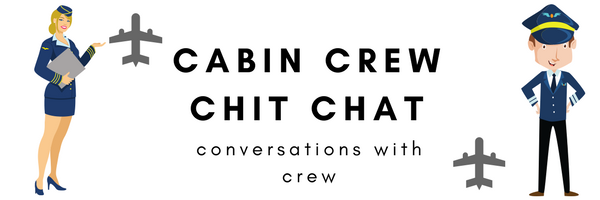
“He must have passed away as we were coming into land. He was so old.”
“He just wouldn’t wake up on landing. We didn’t know what was happening at first.. When everyone was disembarking we put a blanket over him to stop people staring. It was dreadful. In Manila we had to wait with him while the authorities came on the plane and officially declared him dead…”
As cabin crew, on board medical incidents is part and parcel of working the skies and considering the number of people who travel each day, it’s not uncommon that sometimes these medical incidents could result in death, sometimes without warning.
Hopefully, should severe medical incident occur there would be warning so that a doctor on board can assess the situation – and yes on any long haul there’s almost always a medical practitioner travelling. Depending on the seriousness and location of the aircraft, the captain may make the decision to divert to the nearest suitable airport for treatment.
Often the elderly will be travelling for medical treatment, or may have terminal illnesses and travelling to see their family. The added strain of travelling on the body, especially at altitude can be enough for people who are already unwell to die. That’s why its so important crew assess that passengers are fit to fly. If there’s any serious medical issue that the airline is aware of, passengers won’t be permitted to travel until they have clearance from a doctor. When you’re flying over the middle of the Atlantic Ocean, and someone falls ill, whether it’s a stroke, heart attack or anything else, it goes without saying that adequate medical care isn’t just an ambulance away.
Obviously though, its near on impossible to determine if all passengers are fit to fly, especially if they don’t declare it themselves. One of my cabin managers however once refused a family to fly from Sydney to Perth as their young infant had broken out in a red rash over her body and had a fever. Should it get worse on board, or for the child fall seriously ill quite serious, it wasn’t an issue that the crew or other passengers should have to be exposed to.
One of my colleagues had been working long hauls for barely a month when she experienced her first death on board. While I can’t comment how it would be to experience firsthand, I can only imagine it’s an difficult day at work, and even traumatic for crew who have never experienced death before. Certain circumstances around how the passenger died can also make it challenging and upsetting to deal with.
WHAT OTHER PROCEDURES DO CREW FOLLOW?
- All cabin crew are trained in first aid, so depending on the situation, initial first aid procedures would be implemented. There is also a locked physicians kit on board with an array of drugs that could help save a life. i.e. Epi pen to administer adrenalin for an allergic reaction, or defibrillator
- After a death on board, you’d normally move surrounding passengers to spare seats and try and create a bit of room around passengers. Once someone has passed, you’d try and give a bit of dignity to the deceased by covering them with a blanket or even curtain if possible.
- Much depends on the circumstances on the day. Some aircraft have a special compartment to store the deceased. Other airlines have body bags. Where the deceased are travelling with family the crew would try and offer any support i.e. give them as much space and show empathy and ask the family what would suit them best.
